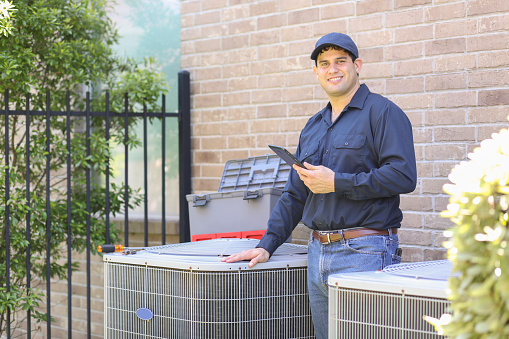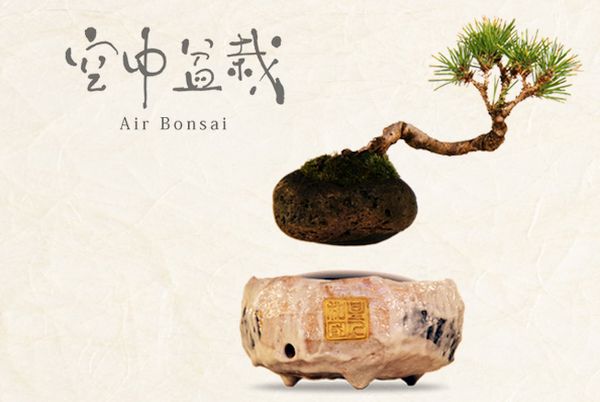An HVAC system does so much more than heating and cooling your home or office. It also purifies the circulated air inside for a healthier and cleaner environment. Your place works best if it has the proper air filter.
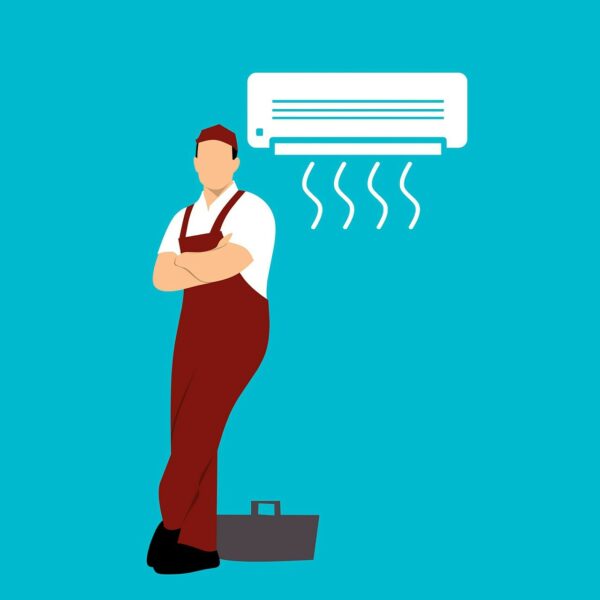
Image Credit: mohamed Hassan | Pixabay
If you’re having a lux event in Toronto, it’s important to choose the right air filter maintenance for your place. With so many brands offering their unique takes on this simple yet vital product, how can you choose the right one? Well, it all begins with being an informed and smart consumer. You can only do that by knowing the ins and outs of air filters.
4 Points in Choosing
To help you weed out the low-quality ones, here’s a quick run-through of the key elements that make an air filter a good one:
1. Pick the Right Size
Proper sizing and fitting for your HVAC’s air filter is a crucial step. Any miscalculations could lead to installation gaps, which could lead to poor performance and lower unit capabilities. This size mismatch can cause the entry of contaminated air and heavily affect indoor air quality.
So, if you’re installing an HVAC system in a storage rental or your average-sized apartment, always remember to double-check the air filter to HVAC unit sizing. You can better do that with these tips:
· Check the filter frame label
Like any standard air filter, you’ll be able to determine their frame size on their information slot. The filter size can be expressed in either the Imperial units or the Metric system. It’s important to differentiate between the 2 as it may cause confusion when you’re already at the store.
However, in cases when the size is nowhere to be found, you can always get your measuring tape or ruler to calculate it on your own. However, make sure to check it twice before recording for better accuracy.
· Measure old filter
Another way to pick the right air filter size is to simply measure the dimensions of your old filter. This way, you won’t have to check out every filter in the store to determine if it’s the matching size for you. From the length, widths, and thickness, make sure to record them in the same units.
And, before you remove your air filter for measurement, make sure to turn off your AC unit to prevent electrocution and damage. However, for more accuracy, you can always bring the old filter to the store for comparison.
· Calculate air intake
Determining the size of your air filter can lead to slippery miscalculations, especially if you’re doing it for the first time and haven’t opened your HVAC unit yet.
It’s important to note that the actual size of your air filter is smaller than the frame. However, since you are not familiar yet with separating the 2, you can round down your measurements instead to the nearest whole number.
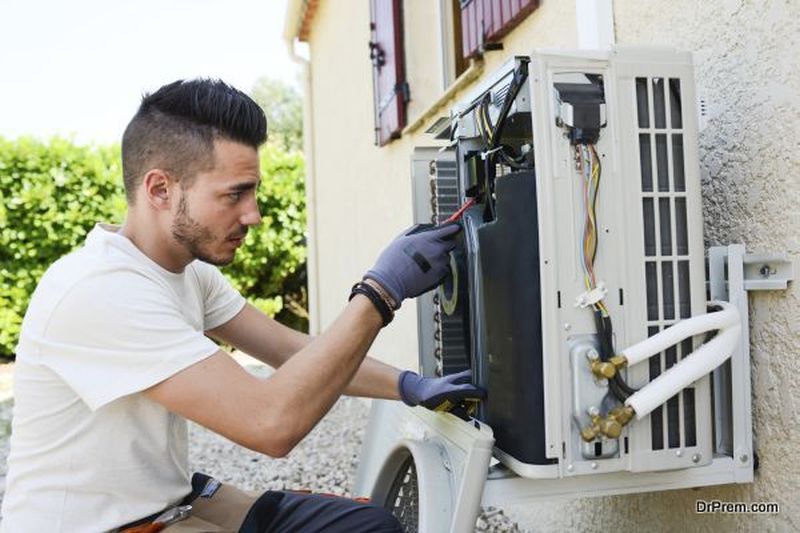
· Contact the manufacturer
If you’re unsure about your obtained measurement information by using the aforementioned methods, you can always contact the manufacturer for size data.
You may also search it online and try to pair it with your filter if it matches. However, the former is a better approach as it can also help you determine other specifications that your HVAC unit needs.
2. Pick Your Type
Air filters, just like new boilers, are categorized based on their performance, cost, and maintenance schedules. By knowing which air filter type will suit your unit better, you’ll be able to choose faster. So, instead of mulling around on different choices, here are the categories that you could check out:
· Low-cost
Cost doesn’t always equate to quality. However, in air filters, since expensive materials are used for better filtration, then these product qualities can be correlated. However, even the cheapest models will still be able to perform the same task, but with lower capacity and efficiency.
Affordable ones usually include reusable and washable filters, and fibreglass filters, which can be easily replaced or recycled. However, these models tend to sieve bigger particles, making them less competent in cleaning air quality.
· High-Performance
When it comes to higher purifying performance, air filters with more efficient materials will tend to be more expensive. These models will usually include pleated filters made of cotton or polyester, and HEPA filters that filter almost 99% of the indoor air.
However, these choices may not be conducive for HVAC units installed in heavy-duty large spaces, as they may restrict the natural airflow. If you have more questions regarding this, you can always consult a professional from airqualitydunrite.com for expert information.
3. Consider Maintenance
If it’s about a furnace, Furnace repair service in Toronto might be all you need. However, an air filter’s maintenance . An air filter’s maintenance schedules will vary from one model to another. As some may be more equipped to handle larger spaces and tougher environments, these expensive models can take months for replacement.
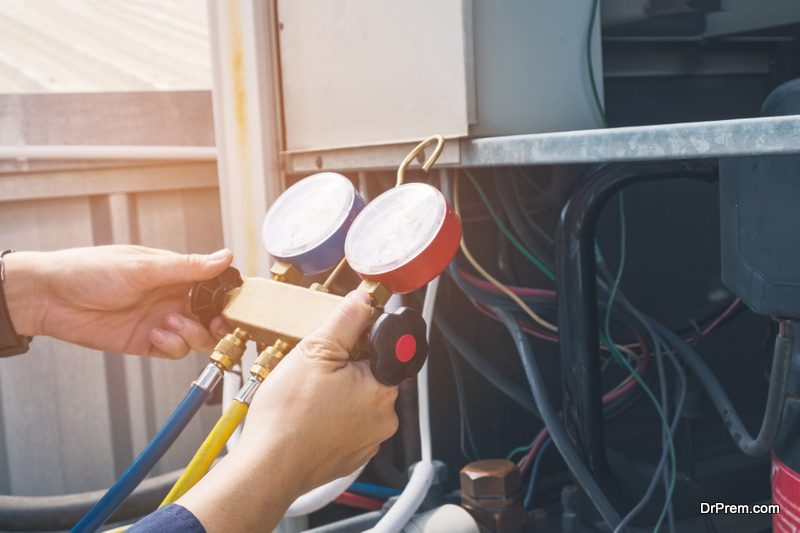
However, affordable choices will usually need a regular replacement every 30 days. So, research this first before picking out your model to ensure that replacements don’t interfere with your daily life.
4. Check MERV Ratings
The efficiency of an air filter is carefully monitored by the MERV (Minimum Efficiency Reporting Values) rating. This chart determines the abilities of an air filter to sieve particle sizes from 0.3 to 10 microns.
The smaller the size it can filter, the higher its rating will be. So, before you pick out your HVAC in Winnipeg, or from a store nearest you, make sure to check out your model’s standing in this universal chart for better assessment.
Choosing the right air filter for your unit is affected by so many factors. As the main siever of dust, debris, and pathogens, having a high-quality filter is integral for your HVAC’s operation. So, be sure to check every aspect of your model before purchasing it because a good air filter can surely make a difference.


